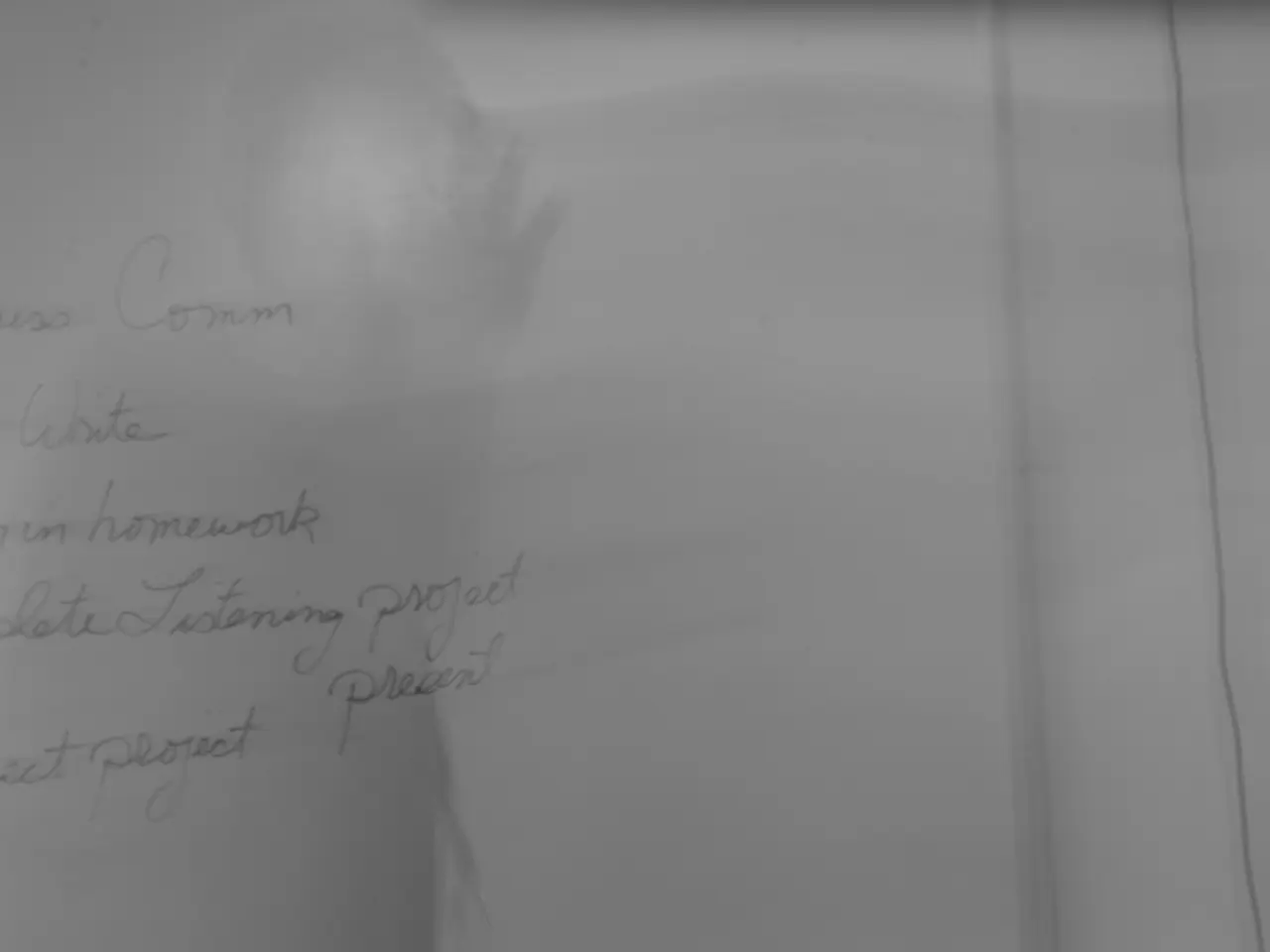European Union Facing Quiet Disintegration or Volatile Separation?
The European Union (EU), founded on values such as dignity, freedom, democracy, equality, and human rights, is currently experiencing a period of potential collapse from within. By 2035, the EU's future is likely to be a union with less integration, greater country autonomy, and more blurred common goals.
The EU's past has shown that weak centers and strong regions can lead to the risk of collapse, national identity can become a political weapon, economic crisis and inequality can destroy strong unions, and compromise can save while rigidity and ambitions can accelerate the end. These lessons are not lost on the present, as the EU faces pressure from global changes, including trade wars, geopolitical fragmentation, and a race for resources.
One of the significant challenges facing the EU is economic stratification. Economic inequality within the European Union is a concern, with growing inequality within countries leading to a shrinking middle class and rising poverty. Without a unified foreign and defense policy, the EU risks becoming a loose union, which could be exacerbated by the migration crisis of 2022-2023. This crisis resulted in chaos, closed borders, and irritation among those on the front lines, potentially threatening the future of the Schengen area.
Decisions made in Brussels are not made by people's elected representatives, leading to democratic alienation. The European Parliament is elected but cannot independently propose laws, leading to a democratic deficit. The migration crisis in the EU is causing stress, with record migration undermining solidarity between members.
The reasons for this change include fatigue from integration, rising nationalism in Europe, social inequality, and the inability to develop common solutions on migration and security. The revival of nationalism in Europe is a significant factor, with 90% of Europeans identifying more strongly with their country than with the EU. Nationalism in Europe is a growing concern, with 71% of citizens feeling connected to the Union, but 90% primarily identifying with their country.
The political movement most likely to gain significant influence in the EU in the coming years and weaken integration is the rise of right-wing populist and Eurosceptic parties. These parties typically advocate for national sovereignty over deeper EU integration. While they do not form a single unified party, they operate through national factions with shared Eurosceptic agendas. The question is not whether the EU will disappear, but what it will become, and the answer depends not only on politicians, but on millions of Europeans ready to defend the values for which this union was created.
However, a sharp collapse of the EU is only possible with a triple blow: economic crisis, mass protests, and complete institutional paralysis. Despite these challenges, the EU remains a powerful and influential bloc, and its future will be shaped by the collective efforts of its member states and citizens. The key to ensuring the EU's future success lies in addressing these challenges head-on, fostering greater unity, and reaffirming the shared values that underpin this unique union.
Read also:
- Harness the Power in Medical Advertising: In-Depth Look at a Database for Surgeons' Emails
- Finland assumes presidency of the Baltic Sea Council from Germany
- "Examination of Children from Family Backgrounds Laced with Addiction: A Focus at the 'Memories of a Forgotten Childhood' Film Screening"
- Treasured Institution, the Smithsonian, Unfalteringly Unscathed by Alterations [column]








